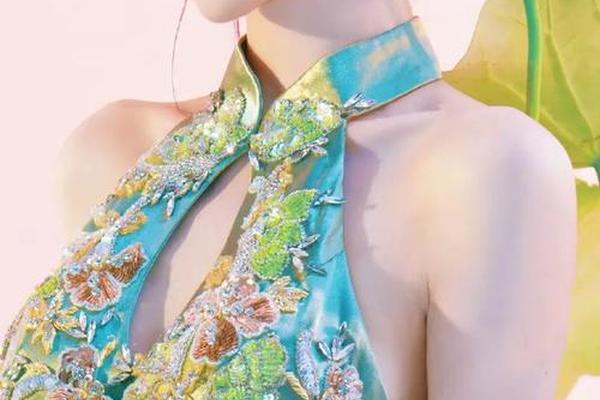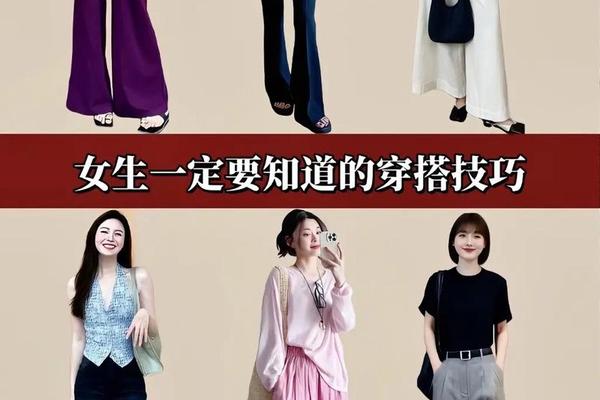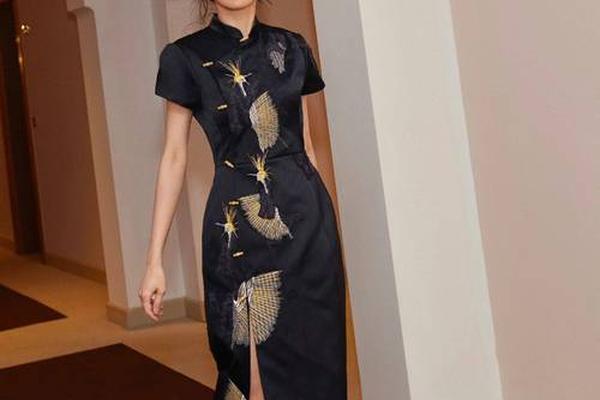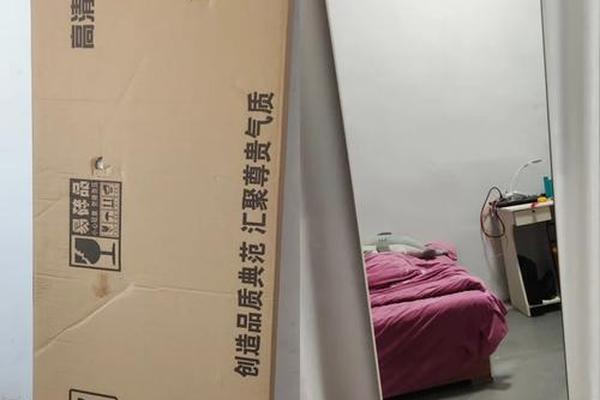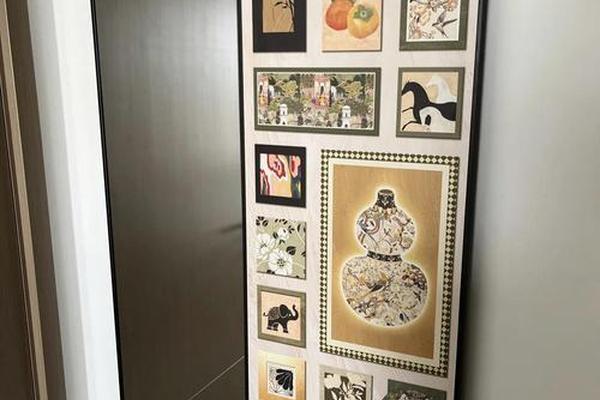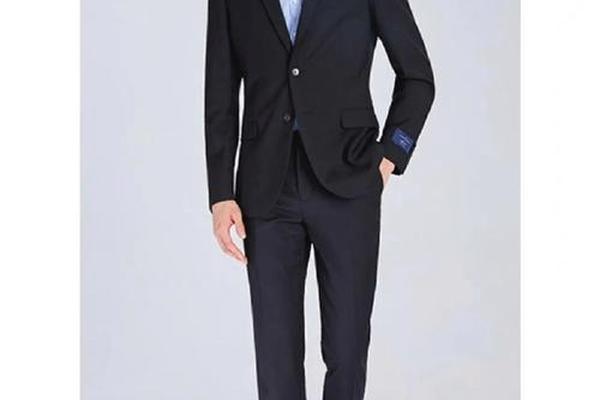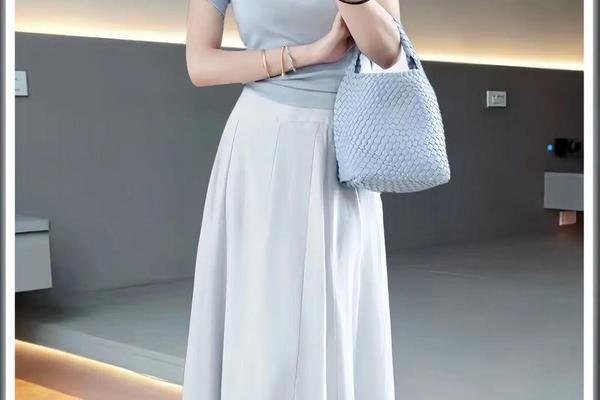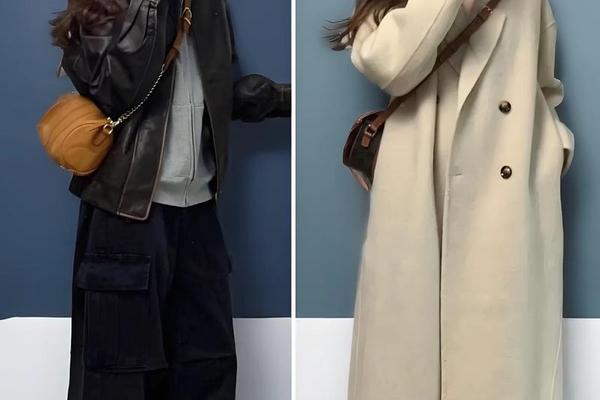英语中表示“穿衣服”的常见动词及短语有 put on, wear, dress, get dressed 等,但它们的用法和语境存在差异:
1. Put on
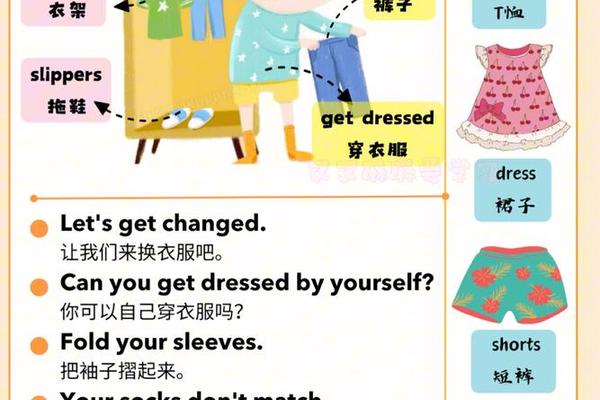
表示“穿”的动作,强调穿戴的过程。
例句:He put on his shoes and coat before leaving.(他出门前穿好鞋子和外套)
2. Wear
表示“穿着”的状态,强调衣物已穿在身上。
例句:She wears a red dress to the party.(她穿着红裙参加派对)
3. Dress
作动词时,宾语是人(dress someone),表示“给某人穿衣服”;
作不及物动词时,可单独使用(get dressed)。
例句:The mother dressed her baby quickly.(妈妈快速给宝宝穿衣服)
4. Be dressed in
描述整体着装风格或颜色。
例句:He was dressed in black for the meeting.(他身着黑色衣服参加会议)
5. 其他表达
Throw on(匆忙穿上):She threw on a sweater and ran out.(她匆匆套上毛衣跑出去)
Slip into(快速穿上):He slipped into his suit.(他迅速穿上西装)
二、“多穿衣服”的英文表达
提醒他人“多穿衣服”时,需注意以下地道说法,避免中式直译错误(如“wear more”不礼貌且不地道):
1. Put on more clothes
最直接的表达,强调动作。
例句:Put on more clothes; it’s freezing outside!(多穿点,外面太冷了!)
2. Bundle up
强调“裹严实”,适合寒冷天气。
例句:Don’t forget to bundle up before going out.(出门前记得穿严实)
3. Wrap up warm
英式常用表达,意为“穿暖和”。
例句:Wrap up warm—the temperature will drop tonight.(穿暖和点,今晚会降温)
4. Wear extra layers
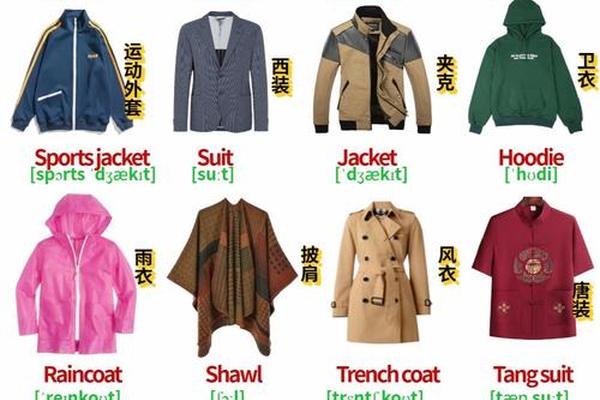
强调“多穿几层衣物”,适合秋冬。
例句:You should wear extra layers in this cold weather.(天这么冷,你得多穿几层)
5. Dress warm
简洁表达,侧重保暖。
例句:Dress warm and stay healthy!(穿暖和点,保持健康!)
常见错误提醒
❌ “Wear more clothes”:可能被误解为“穿更多同款衣物”(如两件衬衫叠加),而非保暖需求。
✅ 正确替代:Put on more layers 或 Bundle up。
通过结合具体场景选择合适的表达,既能准确传达信息,又符合英语习惯。




